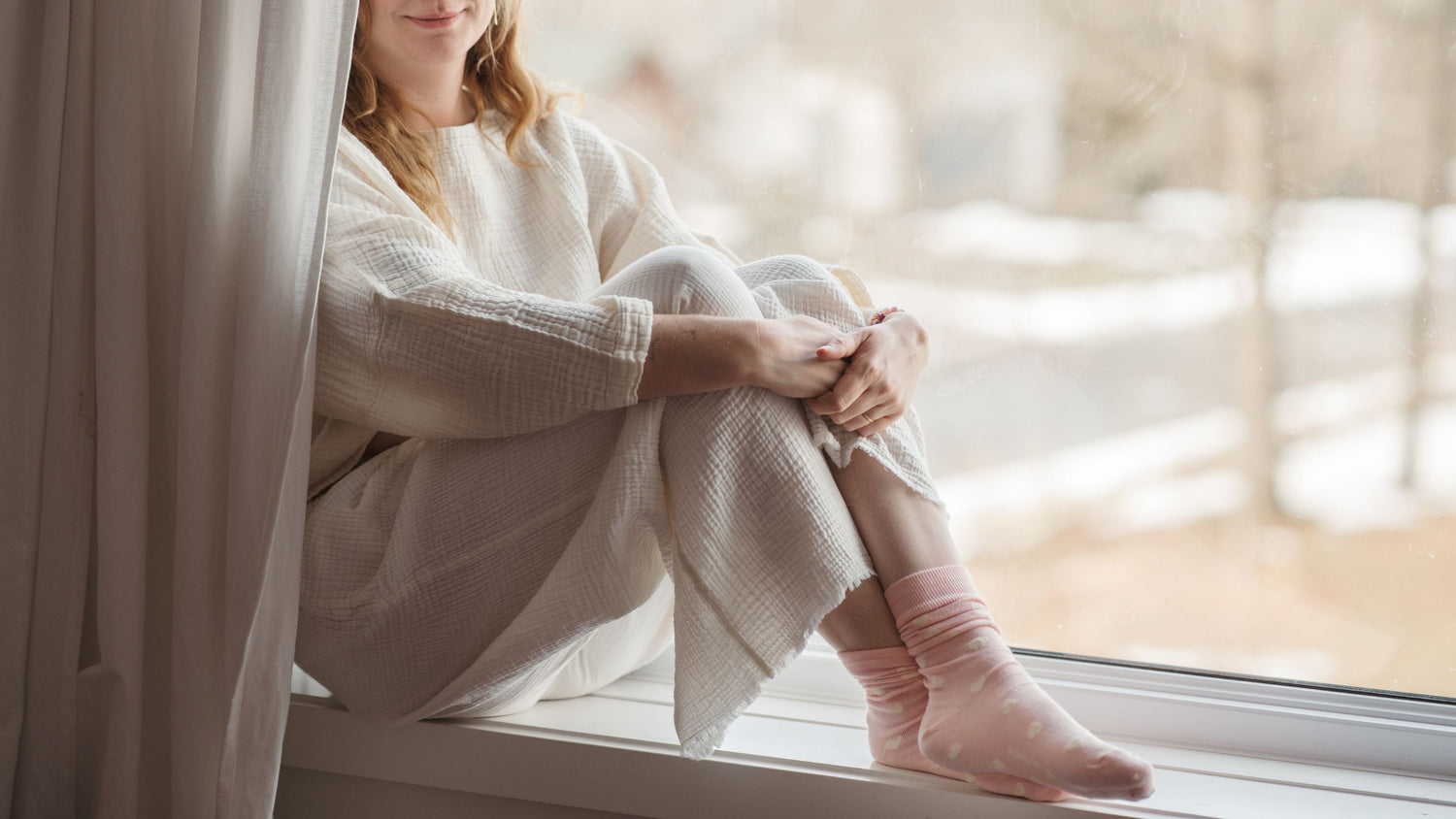
Sleep Hygiene
Share
Sleep hygiene is the term used for different behaviours that either promote sleep, or interfere with it. Embracing sleep hygiene practices & having a relaxing bedtime routine can have a significant impact on the quality of your sleep. This should always be the first step to explore before considering drugs or supplements to help with sleep.
Are You Getting Enough Sleep?
Sleep is something that a lot of us could benefit from having more of. There are so many benefits to getting a good nights rest. Getting 7-9 hours of sleep per night is associated with increased cognitive function like memory, learning and creativity, and decreased risk of chronic disease. Unfortunately for many of us, sleep just doesn’t come that easily. For some, our busy lifestyle may not afford us enough sleep. For others, we may give ourselves enough time in bed but our minds are too active.
Reasons Why You Might Not Be Sleeping the Best
There are some key things you may be doing that are preventing you from having the best quality sleep.These can be obvious, like doing stressful work on your computer in bed, or more simply, like subtle background noise impacting your sleep.
Your nervous system requires a sense of separation from the busy or stressful events from your day in order to feel calm and safe enough to sleep. Below are some tips on what’s best to limit or avoid before bed to help wind down from your day, as well as some beneficial activities that promote relaxation and calm the nervous system.
What’s Best to Avoid Before Bed
Work: even if you don’t consider your job particularly stressful, the idea of having to be “on” or available often creates a baseline level of stress that makes it difficult to wind down for sleep. If your job affords it, avoid checking emails or doing anything work-related for the 4 or 5 hours leading up to bedtime. This also prevents you from being on a screen which is stimulating to the brain and prevents the production of melatonin, the sleep hormone.
On that note, try to limit screens for at least 2-3 hours before bed. The blue light sends a signal to our brains that it’s daytime. It takes a few hours for melatonin production to kick in after this signal, so next time opt for reading a book or listening to a podcast instead. Once the sun goes down, keep the lights dim in your house to mimic natural daily rhythms in darkness and light. Avoid stimulants and other substances that interfere with sleep like caffeine, nicotine, alcohol and cannabis.
What Small Lifestyle Changes Can Have a Big Impact on Your Sleep
You can improve your sleep while also making time for self care by having a relaxing bedtime routine.Some suggestions to help ease your nervous system toward sleep would be reading, journaling, taking a hot bath and doing some restorative yoga or meditation.
Your room should be dark, cool and quiet, and it should feel like your sanctuary. Consider spending a few minutes decluttering and tidying before bed so your room feels like a zen space. If you live in a noisy area, consider investing in a white noise machine or play some calming music. If you have a bright room, invest in some black out blinds or an eye pillow. If your room feels too hot, use a fan or lighter blankets.
It’s also really important to have a regular sleep/wake schedule, even on the weekends if possible. Ensure you’re getting adequate exposure to sunlightduring the daytime to help strengthen your natural circadian rhythm.
Not only will the tips above benefit your sleep, they can also be a part of a self-care routine that helps reduce stress and allows you to give back to yourself. You may be doing many of these already but if any are new to you, give them a try and see if you notice better sleep.



